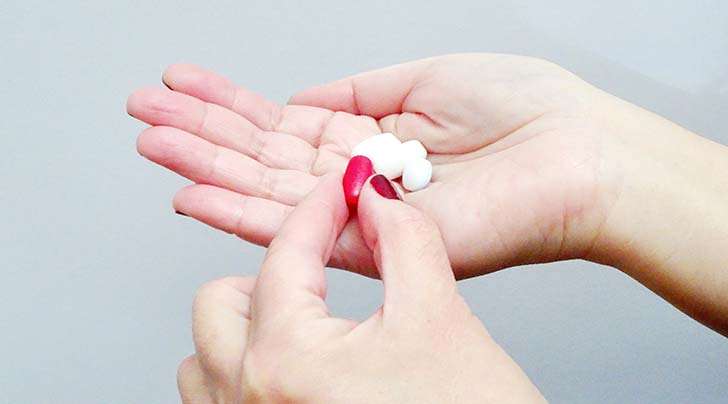Learn about brain health and nootropics to boost brain function
Nootropics Are Trending…but What the Heck Are They?


Remember that movie, Limitless? In it, Bradley Cooper plays a struggling writer who discovers a magical pill that makes him a smarter, more productive and better version of himself. Well, as it turns out, the film’s plot isn’t entirely science fiction—these kinds of brain boosters really do exist. Here’s what you need to know.
What are they? “Nootropics (aka smart drugs or memory enhancers) are natural, synthetic or prescription substances that are touted to enhance mental function,” explains surgical director Dr. Michael Jay Nusbaum. People (primarily biohackers and the Silicon Valley set) turn to these ingredients—either taken on their own or in a chemical cocktail—to improve memory, focus and alertness. The way that they work (if they work, but more on that below) depends on what the substance is. For example, some may work by boosting blood flow to the brain while others work by protecting it from inflammation.
And what are some examples of nootropics? There are some nootropics that you’re probably already familiar with, like caffeine and turmeric. Then there are various supplements (like Piracetam and Noopept) and prescription medications (like Adderall and Ritalin) that also fall into the nootropics category. Companies use these ingredients to make various pills, powders, tonics and, um, even gum.
But do they actually work? Kinda, sorta. While some nootropics have been extensively studied and proven to improve cognitive ability (like caffeine and Adderall), research for most others is either nonexistent or very limited. “Unfortunately, many of these ‘smart drugs’ don't have solid scientific evidence supporting their claims,” Dr. Jen Haley tells us. “Not only that, but in some cases, they can actually be dangerous when combined together,” she adds. And because most nootropics are classified as dietary supplements, it means that the Food and Drug Administration doesn’t regulate manufacturers’ claims—meaning there’s no real way of knowing what you’re paying for (and some supplements like Qualia Mind will set you back a staggering $100 for a three-week supply).
Bottom line: Intrigued about nootropics? Talk to a doctor before adding any supplements to your diet and keep in mind that the effects (if any) will likely be minimal. Those who have tried various nootropics describe the brain-boosting effects as similar to drinking a cup of strong coffee—minus the jitteriness. (In other words, don’t expect to gain Bradley Cooper-style superpowers any time soon.) As for us, we’ll plan on sticking to tried-and-true methods proven to improve cognitive function like a healthy diet, plenty of sleep and the right amount of exercise.
Click here to view full article

